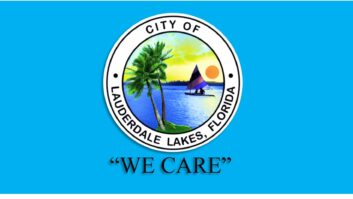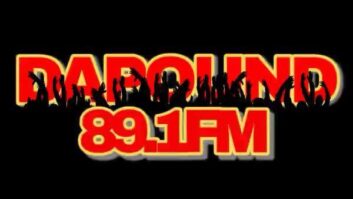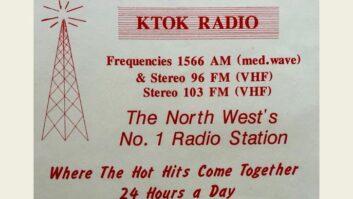When the FCC earlier this fall imposed a gigantic $2.3 million fine on Radio Impacto 2 — the notorious unlicensed radio broadcaster in New York City — it gave the operators 30 days to pay the forfeiture.
Yet it is unclear, even though the deadline to pay has passed, whether or not the FCC collected a penny from Cesar Ayora and Luis Angel Ayora, the operators of Radio Impacto 2.
“We do not release non-public information about our ongoing investigations, which includes whether a forfeiture is paid or not,” said an FCC spokesperson.
This lack of clarity from the FCC is not new. Collecting pirate fines under the current rules — and previous ones — has always been a challenge for the agency. The commission has no authority to take action against individuals who ignore penalties. Instead, the FCC must rely on the U.S. Department of Justice (DOJ) to enforce the penalties in court.
In the case of the Ayoras, they were ordered on Oct. 12 to pay the forfeiture within 30 days or face having it turned over to the Department of Justice for enforcement. The Aroyas are alleged previous offenders. The commission issued Luis Angel Aroya a $20,000 forfeiture in 2015, which was never paid. However, in 2016, the U.S. Marshals Service seized the Aroyas’ broadcasting equipment, according to previous Radio World reporting.
[Related: FCC Writes Up 3 More NYC Pirates, This Time With $6M in Proposed Fines]
In recent months, the FCC has made headlines by levying heavier fines against unlicensed broadcasters and landlords, as allowed under the PIRATE Act. The act has also provided more resources to the FCC to increase routine sweeps for radio pirates, but seemingly no other tools to collect forfeitures from offenders.
How much priority the DOJ gives to collecting fines is also unclear. Washington attorneys have told Radio World previously the DOJ has other higher priorities — like drugs and crimes of violence — rather than pursuing pirate radio broadcasters.
Scott Flick, communications attorney at Pillsbury Winthrop Shaw Pittman, said it’s likely the FCC’s isn’t looking to collect issued fines, but rather to deter offenders and emphasize to others that pirate radio is risky business.
“The FCC will still need to pursue collection of pirate radio fines through the Department of Justice in order to make that deterrent effect real enough,” Flick told Radio World. “Being sued by the DOJ for collection of the fine is likely a sufficiently painful process to deter most individuals, whether the fine itself is ever actually collected or not.”
Flick said he agrees with other observers that “issuing fines that no one ever seeks to collect won’t scare many pirates” into stopping the practice.
“My assumption in most cases is these defendants don’t have the assets to pay even much smaller fines,” he said in an email.
The FCC has asked for more authority to collect delinquent fines from illegal broadcasters. Pirate radio is an unauthorized transmission of radio signals on the frequencies in or adjacent to the FM and AM radio bands.
The FCC doesn’t get to keep the money collected as a result of fines, according to the agency. The amounts are deposited with the U.S. Treasury.
[Related: “FCC Pirate Radio Sweeps Turn to Miami“]







